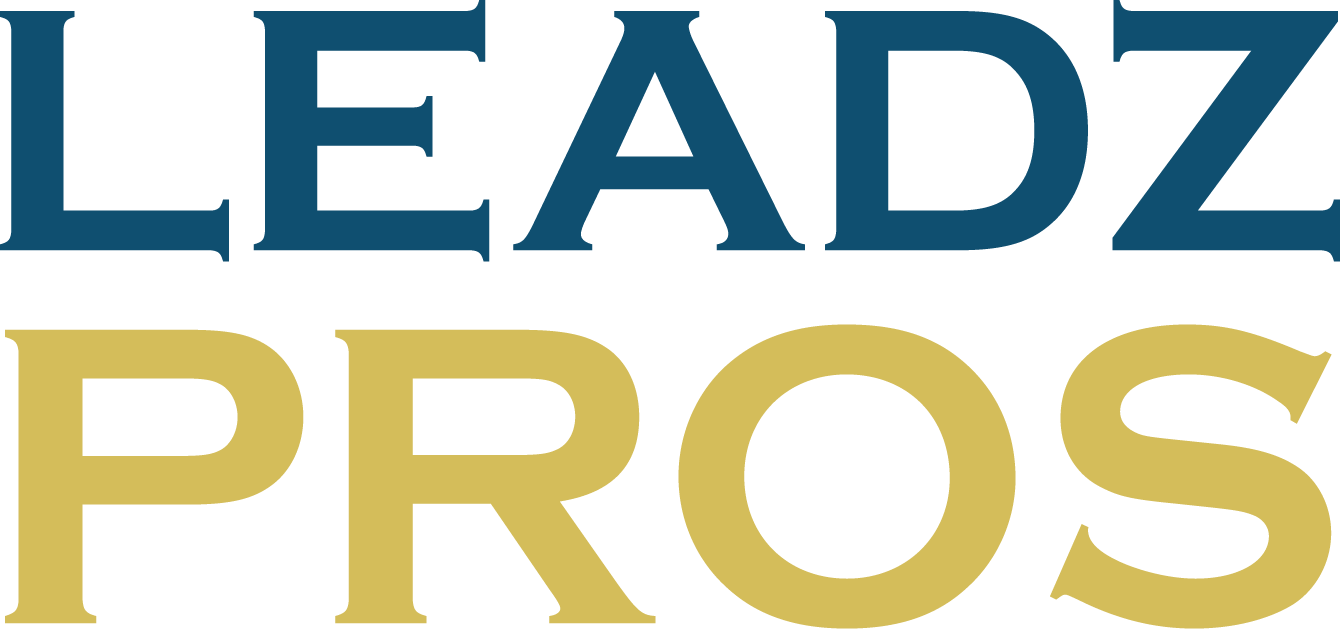Paradigm shifts in the digital landscape have made Customer Relationship Management (CRM) systems indispensable for modern marketing agencies. This comprehensive guide delves into the intricate ways in which CRM technology can enhance the efficiency and effectiveness of marketing strategies. From streamlining client interactions to optimizing campaign performances, CRM serves as the cornerstone of a successful digital marketing agency. Dive into this guide to uncover key insights and best practices for leveraging CRM to its full potential in the dynamic world of digital marketing.
Types of CRM Systems for Digital Marketing Agencies
The role of Customer Relationship Management (CRM) systems in digital marketing agencies is crucial for managing client relationships, improving customer satisfaction, and driving revenue growth. There are different types of CRM systems that cater to various aspects of a digital marketing agency’s operations. Understanding the different types can help agencies choose the right CRM system that aligns with their specific needs and goals.
| Operational CRM | Focuses on streamlining business processes that directly impact customer interactions. |
| Analytical CRM | Utilizes customer data and analytics to gain insights into customer behavior and preferences. |
| Collaborative CRM | Emphasizes communication and collaboration among different departments to enhance customer service. |
| Strategic CRM | Concentrates on long-term customer loyalty and profitability strategies. |
Operational CRM
Any digital marketing agency requires an Operational CRM system to automate and improve customer-facing processes such as sales automation, marketing automation, and service automation. This type of CRM focuses on making these processes more efficient and effective, ultimately enhancing customer satisfaction and driving business growth.
Analytical CRM
One of the key components of a digital marketing agency’s success is understanding customer behavior and preferences. Analytical CRM helps agencies achieve this by analyzing customer data, behavior patterns, and trends to make informed marketing decisions. By leveraging analytics, agencies can create targeted campaigns and personalized experiences to engage customers effectively.
For instance, by using analytical CRM, digital marketing agencies can segment their customer base based on demographics, purchase history, and online behavior. This segmentation allows agencies to tailor marketing campaigns to specific customer segments, increasing the likelihood of success and ROI.
Collaborative CRM
The success of a digital marketing agency relies on effective communication and collaboration among different departments such as sales, marketing, and customer service. Collaborative CRM facilitates this by integrating communication channels, sharing customer information, and coordinating efforts to provide a seamless customer experience.
This type of CRM ensures that all departments are aligned in their efforts to acquire, retain, and delight customers. By breaking down silos and fostering collaboration, agencies can deliver a unified customer experience across all touchpoints.
Strategic CRM
Strategic CRM goes beyond day-to-day customer interactions and focuses on long-term customer loyalty and profitability. Digital marketing agencies that adopt Strategic CRM develop personalized strategies to cultivate enduring relationships with customers, leading to increased customer lifetime value and brand advocacy.
Digital marketing agencies can use Strategic CRM to identify high-value customers, design loyalty programs, and implement retention strategies to maximize customer lifetime value and drive sustainable growth. By investing in long-term relationships, agencies can differentiate themselves in a competitive market and achieve sustainable success.

Factors to Consider When Choosing a CRM for Your Digital Marketing Agency
Now, when it comes to selecting the right CRM for your digital marketing agency, there are several factors that you need to take into consideration. Choosing the best CRM system can have a significant impact on the effectiveness and efficiency of your marketing operations. Here are some key factors to keep in mind:
- Scope and Scale of Your Business
- Integration Capabilities with Existing Tools
- Customization and Flexibility
- Cost and Return on Investment
- Security and Compliance
Scope and Scale of Your Business
Scope: The size and reach of your business will play a crucial role in determining the type of CRM system that will best suit your needs. Consider whether the CRM can easily scale along with your business growth, and if it can handle the volume of data and interactions that your agency deals with on a daily basis.
The CRM you choose should be able to accommodate the scope of your operations, whether you are a small boutique agency or a large multinational corporation. The scalability of the CRM will ensure that it remains an effective tool as your business expands.
Integration Capabilities with Existing Tools
Consider: Before selecting a CRM, evaluate how well it integrates with the other tools and software that your agency already uses. A seamless integration process will prevent any disruption in your workflows and ensure the smooth functioning of your marketing campaigns.
This is particularly important if your agency relies on various tools for different aspects of digital marketing, such as analytics, email marketing, or social media management. The ability of the CRM to integrate with these tools will enhance the overall efficiency and effectiveness of your marketing efforts.
Customization and Flexibility
Flexibility: A CRM system that offers a high degree of customization and flexibility will allow you to tailor it to meet the specific needs of your digital marketing agency. Look for a CRM that can be easily adapted to your unique workflows, processes, and business requirements.
Scale: The ability to customize the CRM according to the scale and scope of your business will ensure that it remains a valuable asset that grows with your agency. This flexibility will enable you to make the most of the CRM’s features and functionalities, maximizing its impact on your marketing operations.
Cost and Return on Investment
Agency: Cost is a significant factor to consider when choosing a CRM for your digital marketing agency. Evaluate the pricing plans and consider the return on investment that the CRM is likely to provide. Look for a CRM that offers a good balance between cost and the value it delivers.
Factors: Consider the long-term benefits and the impact that the CRM will have on your agency’s bottom line. An investment in the right CRM system can result in increased efficiency, improved campaign performance, and ultimately, a higher return on investment for your agency.
Security and Compliance
Capabilities: The security and compliance features of a CRM are essential considerations for any digital marketing agency. Your CRM should have robust security measures in place to protect sensitive data and ensure compliance with industry regulations and standards.
For instance, data encryption, user access controls, and regular security audits are some of the features that you should look for in a CRM. Ensuring that your CRM is secure and compliant will help protect your agency’s reputation and build trust with your clients.
Understanding the CRM Model in Marketing
Step-by-Step Guide to Implementing CRM in Your Digital Marketing Strategy
Keep your digital marketing efforts organized and effective by implementing a Customer Relationship Management (CRM) system. To understand the importance of CRM in digital marketing, read The Role of Customer Relationship Management (CRM) in Digital Marketing. By following the steps detailed below, you can successfully integrate CRM into your digital marketing strategy.
| Assessing Your Digital Marketing Needs | Choosing the Right CRM System |
Assessing Your Digital Marketing Needs
On your journey to implementing CRM in your digital marketing strategy, the first step is to assess your specific needs. Take the time to analyze your current marketing processes, customer data management, lead generation strategies, and customer communication channels. By understanding your strengths and weaknesses, you can tailor your CRM implementation to address your unique requirements.
Once you have a clear understanding of your digital marketing needs, you can proceed to the next step in choosing the right CRM system.
Choosing the Right CRM System
Your choice of CRM system will significantly impact the success of your digital marketing strategy. It is essential to select a CRM solution that aligns with your business goals and integrates seamlessly with your existing tools and platforms. Consider factors such as scalability, ease of use, customization options, and integration capabilities when choosing the right CRM system for your agency.
Any CRM system you choose should also offer robust reporting and analytics features to help you track and measure the effectiveness of your marketing campaigns, optimize customer interactions, and drive business growth.
Training Your Team on CRM Usage
Needs
Marketing
Integrating CRM with Your Digital Marketing Tools
Choosing
Assessing
Monitoring and Adjusting Your Strategy
Choosing
Marketing
Pros and Cons of Using CRM in Digital Marketing Agencies
After implementing a CRM system in a digital marketing agency, it’s important to understand the advantages and disadvantages that come with it. This table breaks down the pros and cons of using CRM in digital marketing agencies.
| Pros | Cons |
| Improved customer relationships | Initial setup and training can be time-consuming |
| Centralized data and information | Potential for data security breaches |
| Enhanced communication and collaboration among team members | Cost of CRM software and maintenance |
| Personalized marketing campaigns | Integration challenges with existing systems |
| Improved analytics and reporting | Resistance to change from team members |
Pros
Using CRM in a digital marketing agency can be highly beneficial. It allows for improved customer relationships, centralized data and information, enhanced communication among team members, personalized marketing campaigns, and improved analytics and reporting.
CRM helps in streamlining marketing efforts, creating a more targeted and effective strategy, and ultimately increasing customer satisfaction and loyalty.
Cons
Targeting the right audience with CRM can be challenging. There may be initial resistance to change from team members, and integration with existing systems may pose difficulties. Data security breaches and the cost of CRM software and maintenance are also considerations to keep in mind.
Increased data security measures are necessary to protect sensitive customer information and ensure compliance with data protection regulations.
Conclusion
Summing up, CRM plays a crucial role in the success of a digital marketing agency by providing valuable insights into customer behavior, preferences, and interactions. By leveraging CRM tools effectively, agencies can personalize marketing strategies, improve customer engagement, and drive sales. It is essential for digital marketing agencies to integrate CRM into their operations to build long-lasting relationships with clients and achieve sustainable growth in today’s competitive landscape. With the right CRM strategy in place, agencies can streamline processes, optimize campaigns, and ultimately, deliver exceptional results for their clients.









